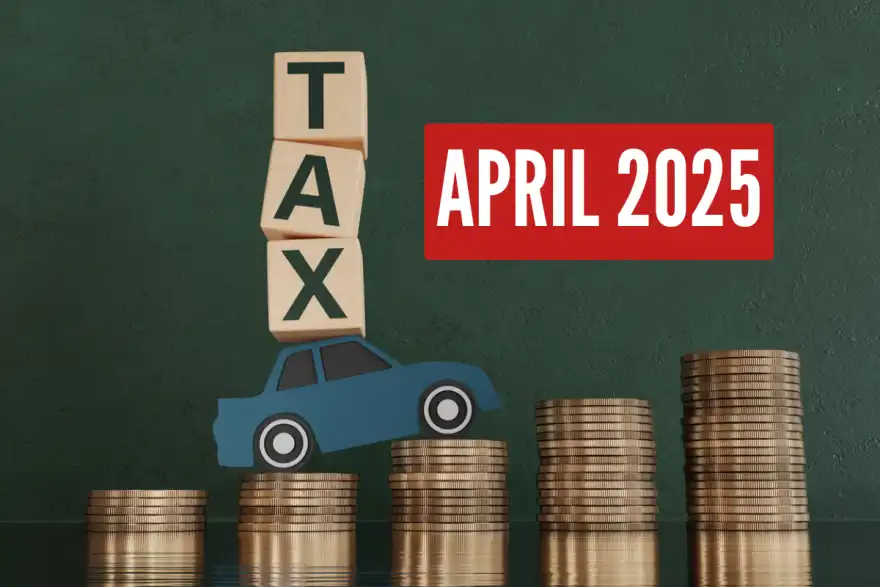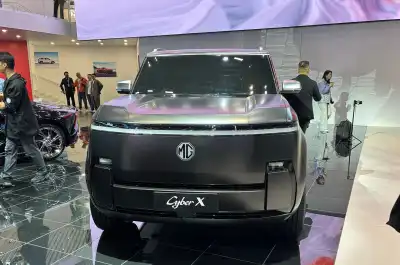
From 1 April, major tax hikes will hit electric vehicle (EV) owners in the UK, making it even harder to drive demand for battery-powered cars. The Labour Party's move will force EV drivers to start paying Vehicle Excise Duty (VED), a tax that’s usually reserved for petrol and diesel cars.
This new tax could add up to £620 to running costs for EV owners. From 1 April, EVs registered since 2017 will incur a standard £195 VED fee. On top of that, cars priced over £40,000 will be subject to a £425 "expensive car tax"—this could affect around 70% of EV models.
Mike Hawes from the Society of Motor Manufacturers and Traders (SMMT) called this tax change "the wrong measure at the wrong time" for an industry already struggling with weak consumer confidence. January sales saw a 2.5% drop in new cars, with EV sales rising 41.6% compared to last year, but still not enough to meet government targets.
The government's Zero Emission Vehicle (ZEV) mandate requires automakers to hit a 28% market share in electric cars by the end of 2025, which could lead to fines for manufacturers who miss the target. To help, car makers have already offered £4.5 billion in discounts to boost EV sales, but despite these efforts, affordability remains a huge barrier for many.
EVs are still growing in popularity—sales were up 41.6% in January 2025 compared to the previous year, accounting for over 20% of all new cars. But, according to industry leaders, this growth is still not fast enough to hit ambitious targets.
The new car tax changes are coming at a time when many people are still hesitant to make the switch to electric cars, and it could discourage more drivers from going green.
Here's how the tax will affect different EVs from 1 April:
- New EVs registered from April 2025: Buyers will pay £10 for the first year. After that, they’ll pay the standard £195 VED rate, which will rise with inflation.
- EVs registered between 1 April 2017 and 31 March 2025: These owners will pay the full £195 VED rate starting in April.
- EVs registered between March 2001 and 31 March 2017: Owners of older EVs will pay a small VED fee, starting at £20.
- Expensive car tax: For EVs priced over £40,000, there will be a £425 "expensive car supplement" tax. This applies to many high-end EVs like Teslas, potentially increasing annual costs to £620.
With many EV models crossing the £40k threshold, this new tax could be a real hurdle for drivers looking to make the switch to electric. Even if the price drops through discounts, the tax is based on the car’s original price, including any optional extras.



